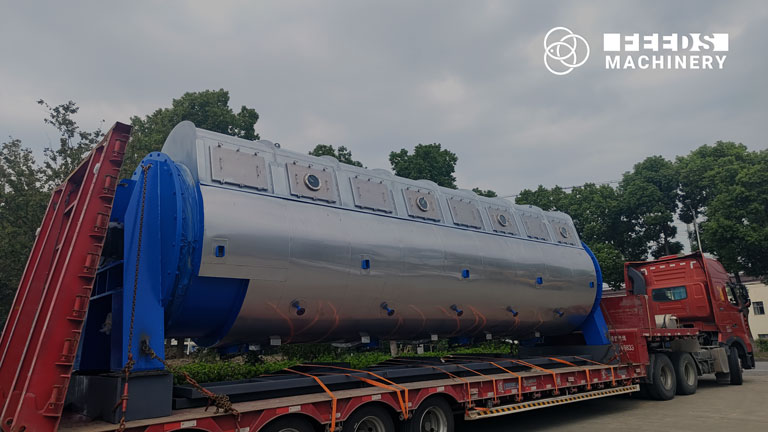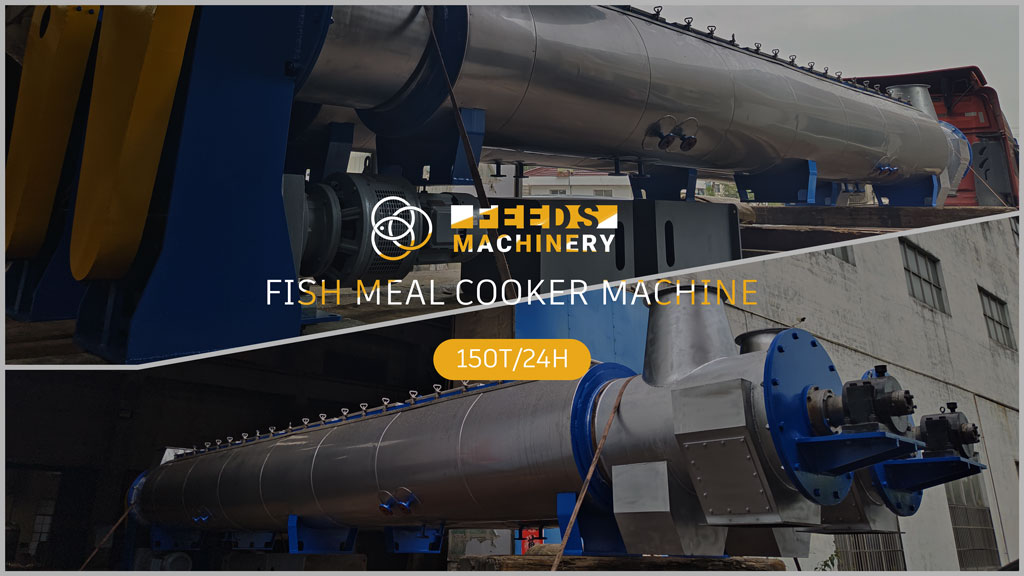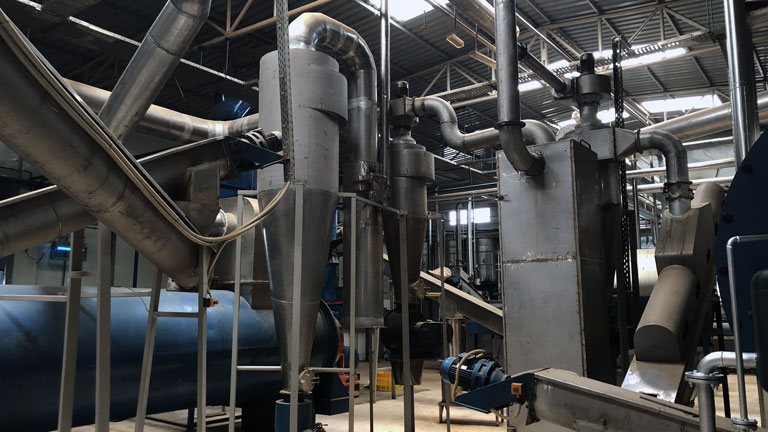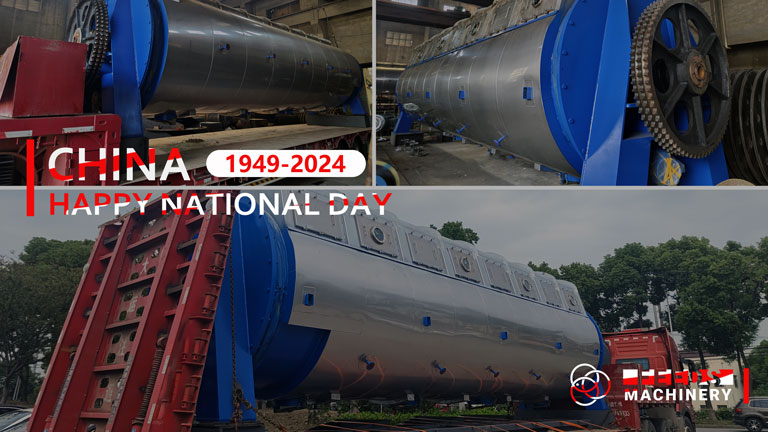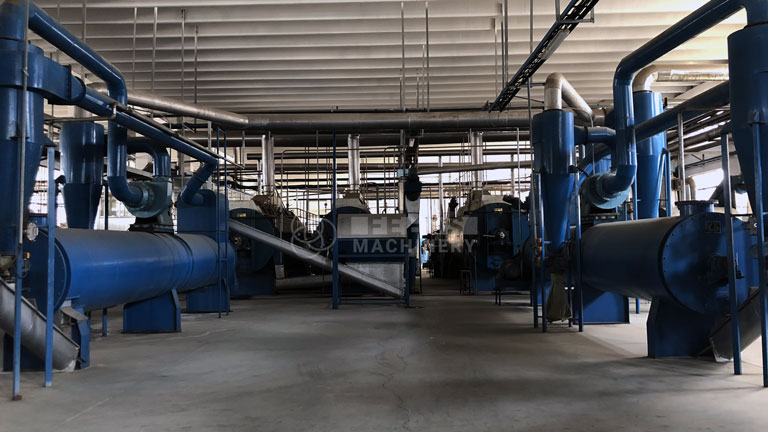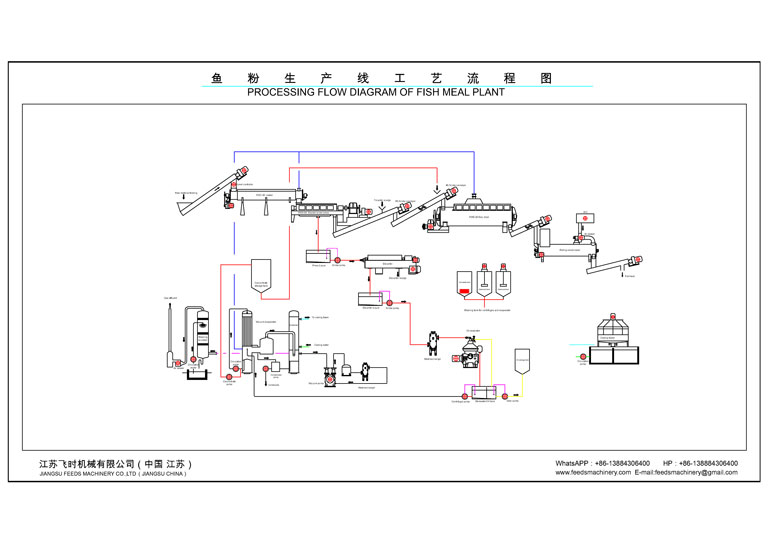
A balık unu kurutma makinesi is a machine specifically designed to dry fish meal to the desired moisture level, typically around 10%. The drying process is crucial as it prevents microbial growth and spoilage, thereby extending the shelf life of the fish meal. Fish meal dryers come in various types, including rotary drum dryers, disc dryers, and fluidized bed dryers, each with unique characteristics and advantages.
Features of a Fish Meal Dryer
1. Efficient Drying Capability: Fish meal dryers are built to handle large volumes of wet fish meal efficiently. They utilize advanced drying technologies to ensure uniform and consistent drying, which is essential for maintaining product quality.
2. Energy Efficiency: Modern fish meal dryers are designed to be energy-efficient. They use heat recovery systems and other technologies to minimize energy consumption, making the drying process more cost-effective.
3. Durability and Robustness: Given the demanding nature of fish meal production, fish meal dryers are constructed from durable materials that can withstand high temperatures and corrosive environments. This ensures long-term reliability and minimal downtime.
4. Environmental Considerations: Many fish meal dryers are equipped with pollution control systems to reduce emissions and comply with environmental regulations. This makes them a more sustainable choice for fish meal producers.
How Does a Fish Meal Dryer Work?
1. Feeding: The wet fish meal is fed into the dryer through a conveyor or feeder system. This ensures a steady and controlled flow of material into the dryer.
2. Drying Process: Inside the dryer, the fish meal is exposed to hot air or other drying agents. The specific mechanism depends on the type of dryer used:
- Rotary Drum Dryers: The fish meal is tumbled in a rotating drum where it is heated and dried by hot air.
- Disc Dryers: The fish meal is spread across heated discs that rotate, facilitating even drying.
- Fluidized Bed Dryers: The fish meal is suspended in a stream of hot air, which dries it quickly and uniformly.
3. Moisture Reduction: As the fish meal passes through the dryer, the moisture content is gradually reduced to the desired level. This step is critical for preventing spoilage and ensuring the fish meal’s stability.
4. Discharge: The dried fish meal is then discharged from the dryer and moved to the next stage of production, which may include milling, packaging, or storage.
Applications of Fish Meal Dryers
Fish meal dryers are primarily used in fish meal plants, where they are an integral part of the fish meal production process. However, their applications extend to other industries as well:
- Animal Feed Production: Dried fish meal is a key ingredient in animal feeds, providing a rich source of protein for livestock, poultry, and aquaculture.
- Fertilizer Manufacturing: Fish meal is also used in organic fertilizers, where its nutrient content benefits plant growth.
- Industrial Uses: Fish meal is employed in various industrial applications, including pet food production and dietary supplements.
Benefits of Using a Fish Meal Dryer
1. Improved Product Quality: By effectively reducing the moisture content, fish meal dryers help produce high-quality fish meal that is free from spoilage and microbial contamination.
2. Increased Shelf Life: Proper drying extends the shelf life of fish meal, making it more suitable for storage and transportation.
3. Enhanced Economic Value: High-quality, dried fish meal commands a better market price, enhancing the economic value of the product.
A fish meal dryer is an indispensable component in the fish meal production process. It ensures the fish meal is dried to the appropriate moisture content, thereby enhancing its quality, shelf life, and market value. By understanding the features, working principles, and applications of a fish meal dryer, producers can optimize their operations and achieve better results.

